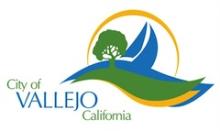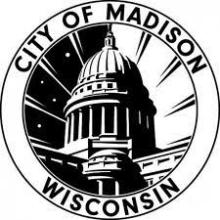Vallejo Releases RFP: Responses Due October 7th
Vallejo’s Fiber Optic Advisory Group (FOAG) and the city manager are in the middle of developing the details of a citywide fiber-optic network master plan. As part of the process, the city recently released a Request for Proposals (RFP) for a dark fiber connection to an Internet Point of Presence (POP). The RFP also includes calls for wholesale Internet services. Responses to the RFP are due on October 7.
Intelligent Integration
As we reported in 2015, the community already has a significant amount of publicly owned fiber in place controlling the city’s Intelligent Transportation System (ITS). Vallejo also owns a considerable amount of conduit that can be integrated into any fiber network. As part of the master plan the city adopted in February, they intend to build off that infrastructure and offer better connectivity to businesses, community anchor institutions, and municipal facilities. Vallejo is considering a municipal utility, operating as an Internet Service Provider (ISP), or engaging in some form of public private partnership. They are still considering which route is best for the community.
More specifically, this RFP asks for proposals for either leased fiber or those installed and to be owned by the city. The connection will link City Hall with a carrier hotel or a POP managed by a third party so Vallejo can obtain wholesale bandwidth and Internet services. For questions, contact Will Morat in the Office of the City Manager: will.morat(at)cityofvallejo.net.



